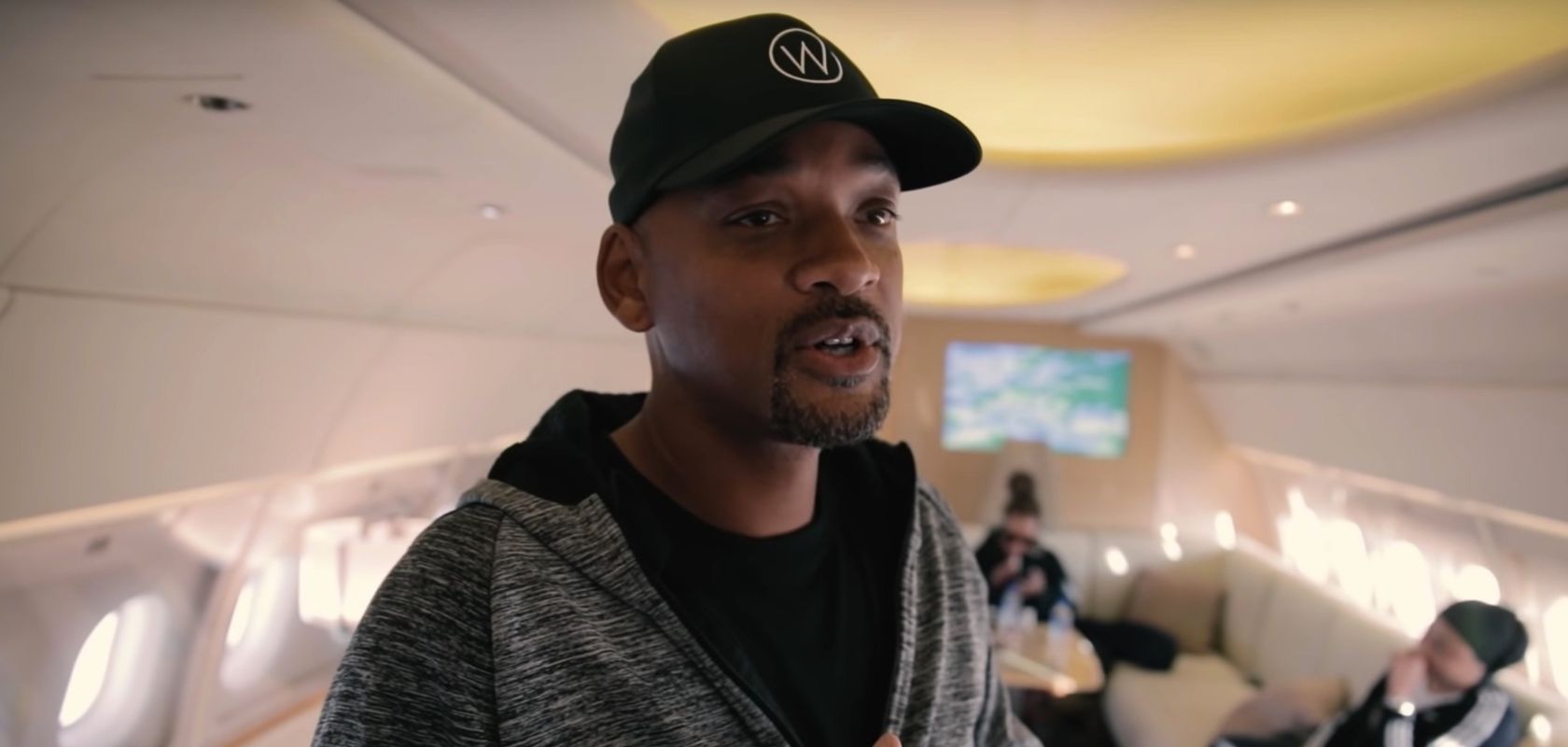It took quite a while for Hollywood and other celebrities to understand the true power of YouTube and stop looking down at it as a lesser money-making opportunity – but they now seem to be getting there, prodded along by YouTube itself.
“The platform is being invaded by Hollywood talent showing off their everyday lives,” writes Hollywood Reporter – but that spells bad news for those creators who made YouTube what it is today, and for the video giant’s original purpose.
The trend of celebrities invading YouTube is not organic at all: in fact, YouTube two years ago set up a “public figures partnerships team” – an outreach to celebs, as the report puts it – whose goal is to explain to actors, athletes, and other stars how to make best use of the platform that they don’t really understand.
Not only that, but YouTube is actively bankrolling this effort: “In 2018, per multiple sources, the company began offering public figures between five- and six-figure lump sums” ‘not life-changing’, per one rep, but real money – to subsidize the startup costs,” The Hollywood Reporter writes. Then there’s the advertising money that can be substantial for channels with a large enough number of subscribers.
YouTube recently tweeted that their goal is to have “at least half” of all videos in their Trending tab coming from YouTubers, making it pretty obvious how tone-deaf the company has become.
Click here to display content from X.
Learn more in X’s privacy policy.
In addition, with its audience of billions, YouTube can offer an excellent self-promotion platform to celebrities and whatever their main gig happens to be.
Where does all this leave independent creators, or “homegrown talent”? Even if traditional stars are now in many ways riding their coattails on YouTube, the danger is that the platform may, in the end, marginalize them.
Many are already struggling to monetize due to YouTube’s copyright strikes policy, censorship, and deranking of content – while the influx of celebrities who bring with them brand safety might further undercut independent creators’ ability to make money off advertising.
And while there’s nothing wrong with pivoting a company’s focus – losing touch with the very content-creating talent that made the platform what it is and drew in that audience of billions in the first place, could harm that original base in the long run.
YouTube, as one might expect, sought to assuage those fears: “It’s the same support whether you are a traditional celebrity uploading your first video or whether you’re a gamer or an artist,” said Preeya Khanna – head of YouTube’s public figures partnerships team.






















